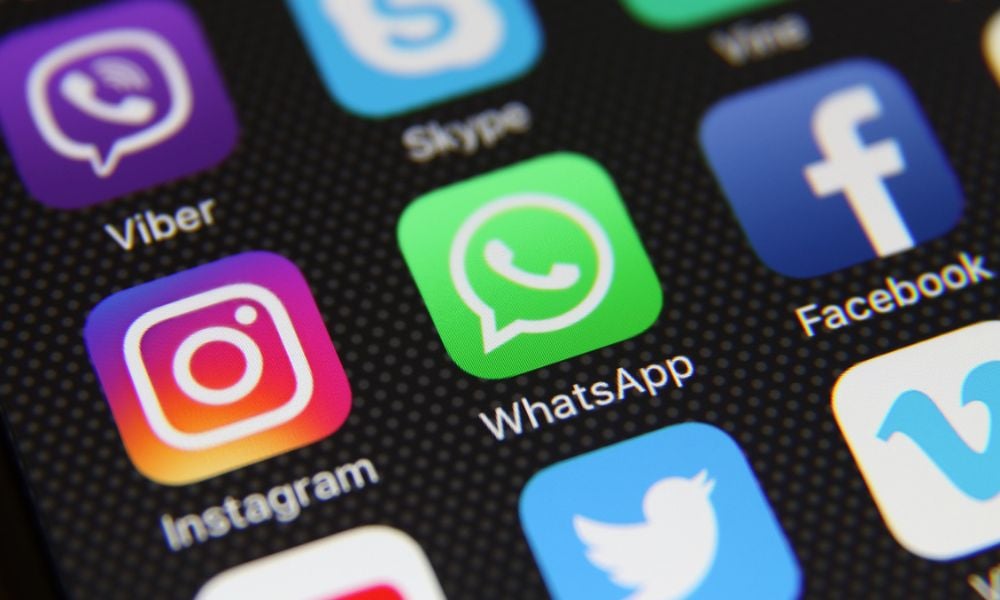
If what Musk is saying is true, an 'airtight NDA' could have prevented ex-Twitter employees from 'using his ideas,' employment expert claims

Twitter CEO Elon Musk has claimed that Mark Zuckerberg, Meta CEO, is stealing his ideas by launching Meta’s new Threads application.
Threads is a new app, built by the Instagram team, for sharing text updates and joining public conversations, according to its website. Posts can be up to 500 characters long and include links, photos, and videos up to 5 minutes in length.
Launching Threads, Zuckerberg said, “The goal is to keep it friendly as it expands. I think it’s possible and will ultimately be the key to its success.
“That’s one reason why Twitter never succeeded as much as I think it should have, and we want to do it differently,” according to a report from The Guardian.
Threads had reached 100 million users by Monday, according to reports.
Musk may have taken things personally, with tweets saying: “Zuck is a cuck” and “I propose a literal dick-measuring contest.”
However, the Twitter executive has also threatened to sue the Facebook chief, with his personal lawyer Alex Spiro sending a cease and desist letter to the Meta CEO and Facebook founder.
The letter claims Meta used “Twitter's trade secrets and other intellectual property” to build the new app, according to a Daily Mail report. Musk also claimed that Zuckerberg's company hired “dozens of former Twitter employees” and claimed some of them had “improperly retained Twitter documents and electronic devices”.
If Musk’s claims are true, a nondisclosure agreement (NDA) could have been useful to prevent such a thing from happening, said Rob Wilson, employment expert and president of Employco USA, a national employment solutions firm.
“Non-competes are difficult in California,” said Wilson. “It’s illegal to enforce any non-compete there that could impede an employee’s shot at a future job. But, if what Musk is saying is true, his ex-employees used his ideas, which could possibly have been prevented with an airtight NDA.”
The wisest course of action for Musk would have been a generous severance package handed over to Twitter employees with a bonus for signing a non-compete, Wilson said.
In April, Musk, in an interview with BBC, said that Twitter’s workforce count had been cut to about 1,500 from the previous 8,000.
“If you’re worried about your ‘trade secrets,’ as Musk calls them, you really need airtight language on your noncompete as well as patents,” said Wilson. “In an ideal workspace, every employee would leave with knowledge and experience that they can apply in their future careers. But if it’s your secret sauce, you have to lock down these ideas with contracts.”
However, Musk probably has a chance to pursue legal action against Zuckerburg, said Wilson.
“Meta says that no Twitter ex-employees are on their engineering team. This doesn’t mean that Twitter workers didn’t go to Meta and spill secrets, but it does mean that if this did happen, Meta was careful enough to make sure there was no proof.”
In January, the Federal Trade Commission (FTC) proposed a new rule that would ban employers from imposing non-compete clauses on their employees.
However, if such a policy is enacted, the ban will have a “disastrous effect” on small businesses, potentially forcing some to shut their doors and cease operations, according to employment attorney Harvey R. Linder.
Late in May, Jennifer Abruzzo, NLRB chief counsel, said that requiring workers to sign agreements not to join competing companies is against the law, in most cases.